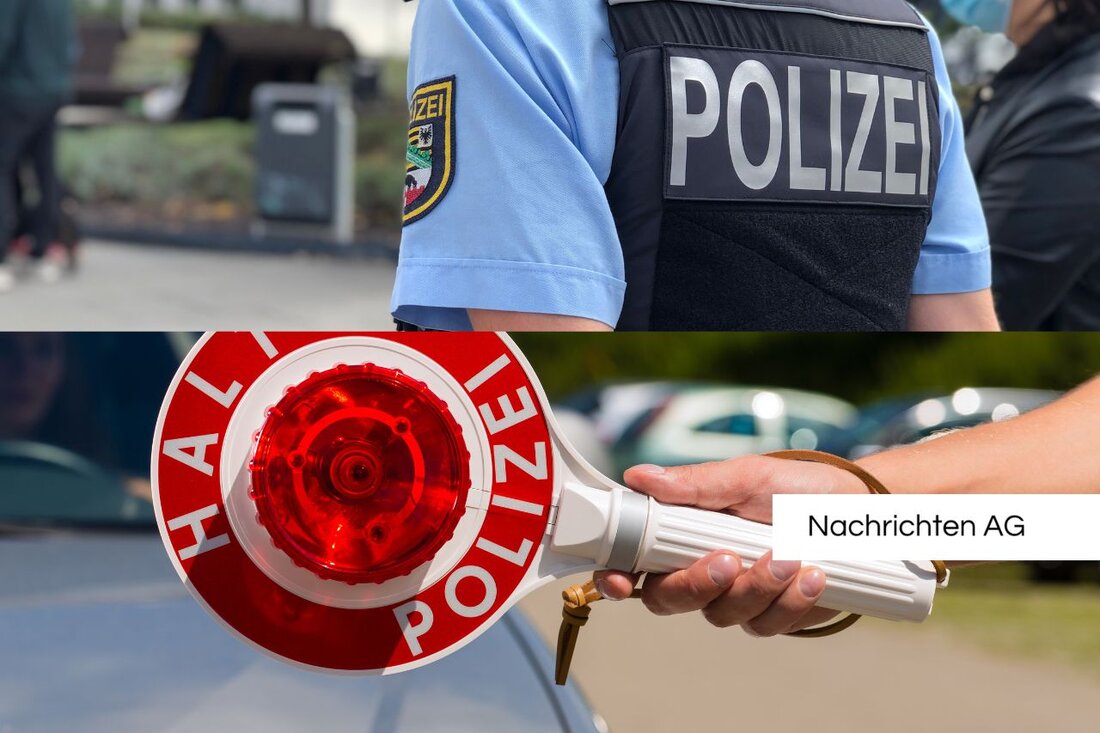Broadcasting for Halk TV: Erdoğan's fight against the opposition escalated!
In Turkey, the pressure on the CHP and critical media grows. Send bans and arrests endanger the freedom of the press.

Broadcasting for Halk TV: Erdoğan's fight against the opposition escalated!
In Turkey, political repression escalates because the government of President Recep Tayyip Erdoğan is increasingly acting against opposition votes. A current example is the broadcasting ban against the television broadcaster Halk TV, which is close to the largest opposition party, the CHP. This measure was sharply criticized by the Reporter Without Borders (RSF) organization because it massively limits the freedom of reporting. Erol Önderoglu from RSF described the procedure of the media supervisory authority as arbitrary and disproportionate, whereby the government is trying to silence critical voices, especially with regard to the upcoming presidential elections.
In the context of repression, there were increasingly protests, especially after the arrest of the Mayor of Istanbul Ekrem İmamoğlu. İmamoğlu, who is considered a potential challenger for Erdoğan, was arrested on March 19, 2023 due to allegations of corruption. This arrest has triggered nationwide protests that have become the largest in Turkey since the 2013 Gezi protests. Despite an official demonstration ban mobilized tens of thousands of citizens to demonstrate against repression. The Disk-Basin-IS union described the arrests of journalists in connection with these protests as "attack on freedom of the press".
political oppression
The arrest of İmamoğlu and several journalists shows the worrying situation of freedom of the press in Turkey. According to reporters without borders, Turkey ranks 159 out of 180 countries in the ranking to freedom of the press. Since 2014, 77 journalists have been convicted of "insulting the president", and countless media representatives are faced with the risk of arrests. A current ban against the station SOZCU TV, which was decided in March 2023, illustrates the ongoing repression. Since then
The government has also drastically increased control over the media. Where there was once a variety of independent votes, more than 85% of the national media are now in the government. Ebubekir Şahin, the chairman of the RTÜK, even threatens television channels with sanctions if they report on the protests or spread content that criticize state institutions. More than 700 social media accounts have now been blocked and access to social media has been restricted to prevent critical information.
The reaction of the international community
The international community is concerned with concerns in Turkey. While the repression against already arrested journalists and the restriction of media freedom is increasing, the pressure on Erdoğan's government is also increasing by international organizations such as RSF and the union of media professionals. These require the immediate release of all detained journalists and an end to political repression. Turkey's procedure is considered to be concerned, especially in the run -up to the next elections, which could be decisive for the opposition.
The country is at a critical point, while the regime critics continue to take to the streets, despite the high repression and the impending danger to journalists and demonstrators. The silence of the international community is repeatedly questioned, while human rights in Turkey are further restricted. In view of the deep political divisions, it remains to be seen how the situations will develop around the CHP and its supporters.
Overall, the current situation urgently shows how important it is to defend the freedom of the press and the right to protest in Turkey.
The developments mentioned illustrate the dramatic decline in freedom of the press in Turkey and the continuing challenges for the opposition forces in the country. The preservation of the democratic principles seems to be increasingly in danger, while political tensions continue to increase.
For further detailed information on the protests and the events in Turkey, please visit Euronews and taz .

 Suche
Suche
